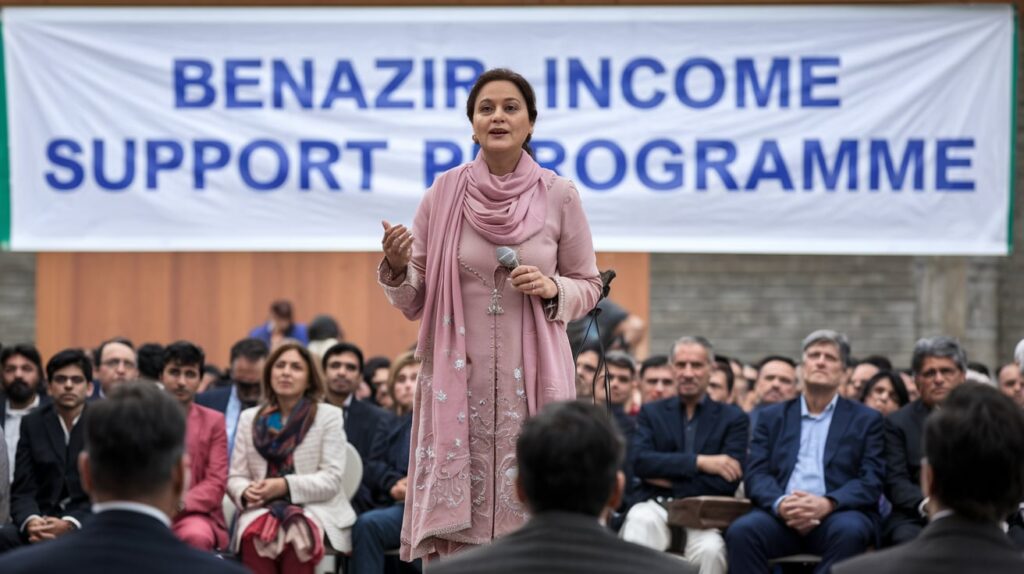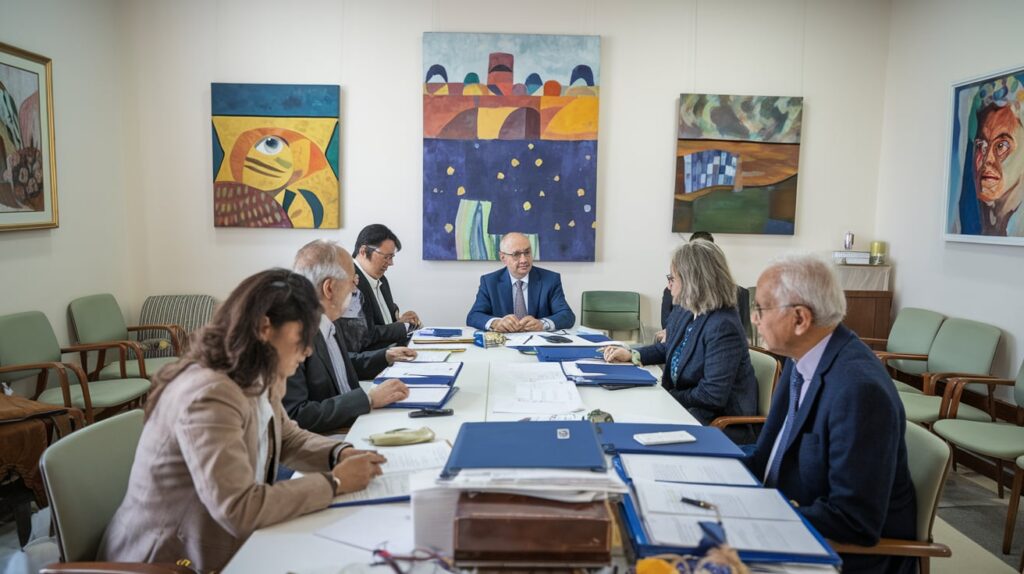Benazir Income Support Programme: A Comprehensive Guide

The Benazir Income Support Programme (BISP) is a groundbreaking initiative in Pakistan, designed to alleviate poverty and uplift the most vulnerable sections of society. Named after the late Prime Minister Benazir Bhutto, the program has become a cornerstone of social protection in the country. In this article, we delve into the various aspects of BISP, its objectives, implementation, and its impact on the lives of millions.Readmorehttps://madarisalerts.com/benazir-income-support-programme/
What is the Benazir Income Support Programme?
The Benazir Income Support Programme is a cash transfer initiative launched by the Government of Pakistan in 2008. Its primary goal is to provide financial assistance to impoverished households, enabling them to meet basic needs such as food, shelter, and healthcare. This program aims to mitigate the adverse effects of inflation and economic instability on the lower-income population.
Key Objectives of BISP
- Poverty Reduction: Offering direct financial aid to the poorest households.
- Empowering Women: Encouraging women’s financial independence by transferring money directly to female heads of households.
- Promoting Education: Incentivizing school enrollment through conditional cash transfer schemes like the Waseela-e-Taleem initiative.
- Economic Stability: Serving as a safety net for those affected by natural disasters and economic shocks.
Eligibility Criteria
To ensure that the benefits reach the deserving, BISP employs a stringent eligibility mechanism. Beneficiaries are identified through the National Socio-Economic Registry (NSER), a comprehensive database that assesses household income and living conditions.
Basic Requirements
- Income Threshold: Families earning below a specified monthly income are eligible.
- CNIC Registration: The female head of the household must possess a valid Computerized National Identity Card (CNIC).
- Residency: Applicants must be permanent residents of Pakistan.
- Exclusion Factors: Families owning luxury assets or having a stable income source are excluded.
How to Apply for BISP

Applying for the Benazir Income Support Programme is a straightforward process. The program has streamlined its application system to make it accessible to all eligible individuals.
Step-by-Step Guide
- Registration: Visit the nearest BISP office or register online through the official portal.
- Survey: Participate in the NSER survey to verify eligibility.
- Verification: Provide necessary documentation, including CNIC and proof of income.
- Approval: Once approved, beneficiaries receive a confirmation message.
- Disbursement: Funds are transferred through biometric verification at designated payment centers.
BISP Initiatives and Subprograms
Waseela-e-Taleem
This initiative encourages school enrollment among children aged 4-12 years from beneficiary families. By offering conditional cash transfers, it tackles barriers to education like tuition fees and transportation costs.
Waseela-e-Sehat
The health insurance scheme under BISP ensures that beneficiaries have access to essential medical services, reducing the financial burden of healthcare expenses.
Waseela-e-Haq
Aimed at promoting entrepreneurship, this subprogram provides interest-free loans to help individuals start small businesses, fostering economic self-reliance.
Emergency Relief
In times of national crises, such as floods or pandemics, BISP serves as a lifeline by distributing emergency funds and resources to affected families.
Impact of BISP
Since its inception, the Benazir Income Support Programme has had a profound impact on Pakistani society. Below are some of its notable achievements:
Economic Upliftment
BISP has helped millions of households escape extreme poverty by providing a steady source of income. This financial aid has enabled families to meet their basic needs and invest in better living conditions.
Women’s Empowerment
By transferring funds directly to women, the program has enhanced their decision-making power within households and contributed to gender equality.
Increased School Enrollment
The Waseela-e-Taleem initiative has significantly boosted school attendance rates, particularly among girls, thus fostering long-term socioeconomic benefits.
Healthcare Access
Through initiatives like Waseela-e-Sehat, BISP has made healthcare services more accessible, reducing mortality rates and improving overall health outcomes.
Challenges and Criticisms
While the program has been widely lauded, it is not without challenges. Issues such as corruption, political interference, and delays in fund disbursement have occasionally marred its effectiveness. Additionally, the program faces criticism for its reliance on foreign funding, which raises concerns about sustainability.
Future Prospects

The Benazir Income Support Programme continues to evolve, with plans to expand its scope and improve efficiency. By integrating technology and strengthening transparency, the program aims to reach even more deserving households and ensure sustainable poverty alleviation.Readmorehttps://chatgpt.com/
